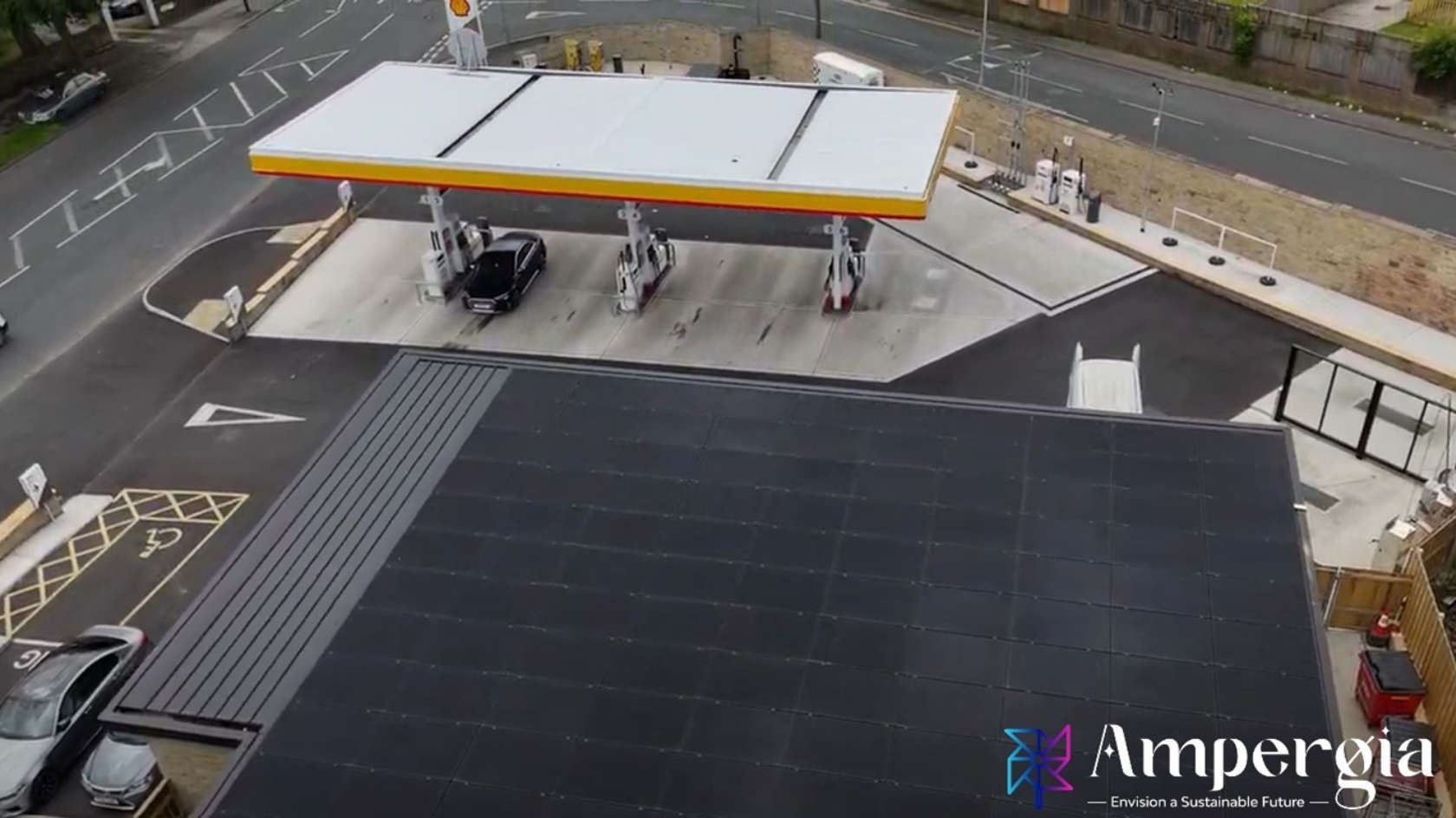
The UK solar industry is experiencing a significant surge in growth and innovation, driven by the increasing demand for renewable energy and the government's ambitious climate targets.
As of 2024, the country has over 11 GW of solar projects in various stages of planning, with several large-scale solar farms poised to come online in the near future. This marks a substantial increase in solar energy capacity, positioning solar as a key contributor to the UK’s renewable energy mix.
This boom in solar development aligns with the UK’s broader goal of achieving 70 GW of solar power capacity by 2035. The expansion is not only crucial for meeting the country's net-zero emissions target by 2050, but also for ensuring energy security in the face of fluctuating global energy markets. Solar power has the potential to significantly reduce reliance on fossil fuels and decrease greenhouse gas emissions, which are essential for achieving these climate goals.
Key Developments in UK Solar:
- Large-Scale Solar Farms:
- Several massive solar farms are in the pipeline, with projects like Cleve Hill Solar Park, set to be one of the largest in Europe. These farms will contribute greatly to the UK’s renewable energy targets.
- Floating solar farms and solar carports are also emerging trends, expanding the scope of solar installations beyond traditional ground-based systems.
- Innovative Solar Technologies:
- The integration of battery storage systems is becoming increasingly common. These systems allow for energy storage, enabling the UK to make use of solar energy even during non-sunny periods, and to sell excess energy back to the grid during peak demand hours.
- The use of AI-powered energy management systems is enhancing the efficiency of solar farms, optimizing energy usage, and reducing operational costs for solar providers.
- Retail and Commercial Adoption:
- The retail sector is increasingly adopting solar energy as a way to reduce carbon footprints and energy costs. Supermarket chains such as Tesco and Lidl have installed solar panels on their store roofs, helping them to meet sustainability goals while reducing energy consumption.
- Government Support and Policy:
- The UK government’s support for renewable energy projects, including solar, through various incentives and regulatory frameworks has been crucial in driving growth. New policies encouraging investment in renewable energy and improvements in the grid infrastructure are set to make solar energy even more accessible.
Challenges and Solutions:
Despite the rapid expansion, challenges remain, particularly with grid capacity. As more solar farms come online, ensuring that they can connect to the national grid without delays is critical. To address this, the industry is pushing for early grid connection approvals in the planning process
In conclusion, the UK solar industry is at the forefront of the global renewable energy transition, with large-scale projects and innovations paving the way for a greener future. The combination of government support, technological advancements, and corporate adoption is expected to propel the sector toward the 2035 target, contributing significantly to the UK's overall energy strategy.














